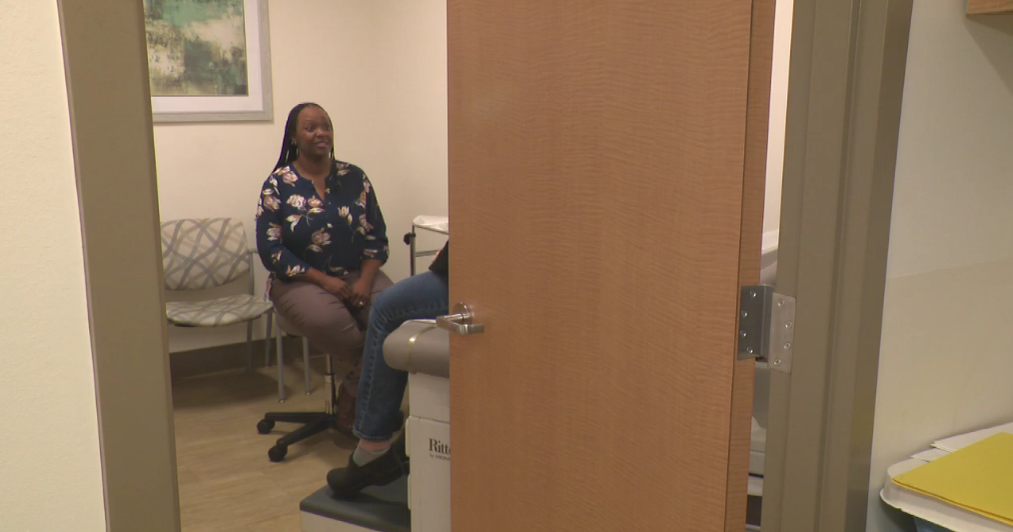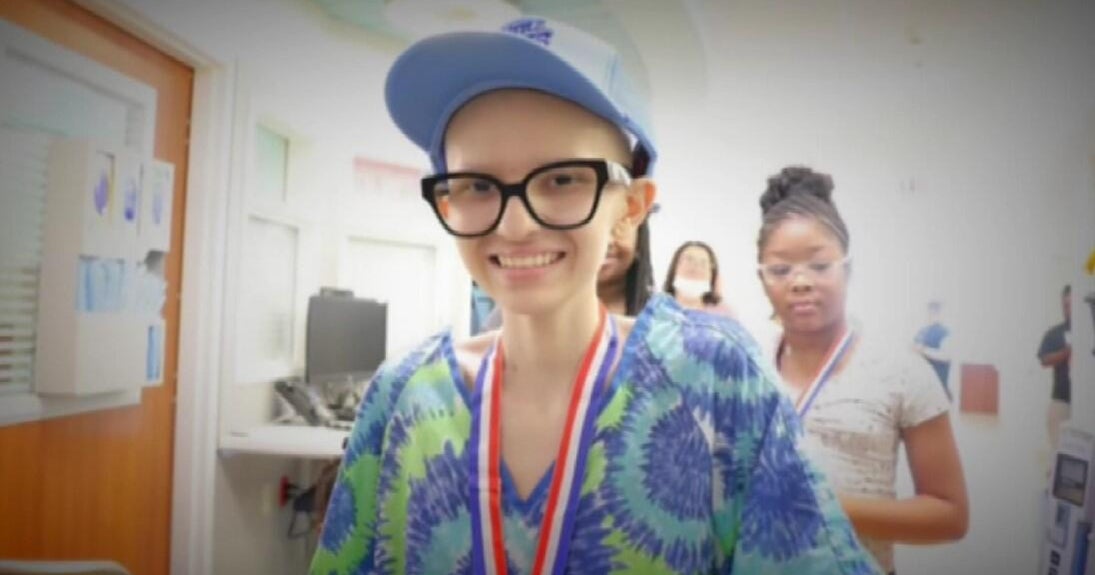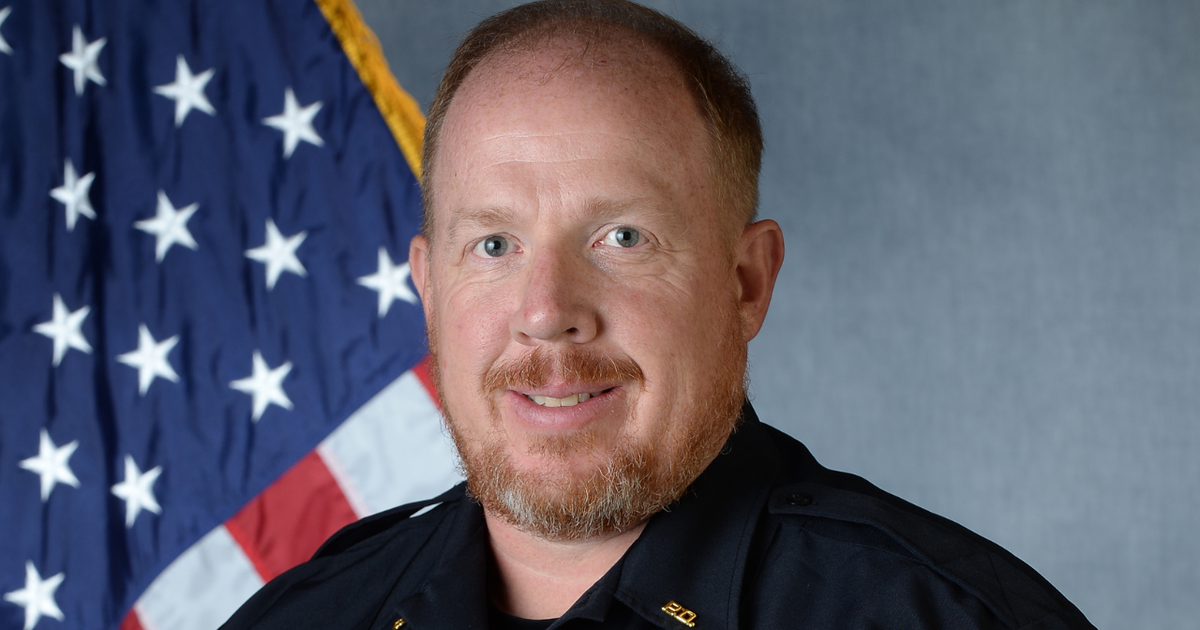Sorting Fact vs. Fiction When It Comes To Cancer Dangers
MIAMI (CBS4) -- Can using mouthwash cause cancer? What about drinking diet sodas? There are a lot of myths about what can and can't cause cancer. So CBS4 News spoke to an expert to try and separate the fact from fiction.
Kim and Mike Reeves used to live life without thinking much about what they were putting in their bodies. "Anything and everything," Mike said of his diet. "Just [ate] what looked good, felt good, and tasted good."
That was until they were hit with a diagnosis that changed everything. Mike was diagnosed with Stage 3 esophageal cancer.
Healthy otherwise, his doctor told the couple the cause of his cancer was basically everyday life. "We asked him what was the cause, and his answer was environmental factors – the air we breathe, the food we eat," explained Mike.
Dr. Thomas Froehlich, a cancer researcher, says it's tough trying to figure out what's myth and what's fact. "The real question is, what is safe and what's not?" Dr. Froehlich said. "I think we're a long way from fully understanding that."
According to Dr. Froehlich, there are a lot of the myths about cancer development in humans that are based on flimsy studies and a lack of evidence. "It's easy to generate fear, but it's much harder to generate understanding and truth," he said.
Take artificial sweeteners, for instance. Some studies have shown that sweeteners like saccharin or aspartame, which are found in several diet drinks, could increase your risk for cancer. But, Dr. Froehlich says a lot of these studies were done on mice, which don't always mimic the complex bodies of humans. Froehlich also says each of the studies had one thing in common. "Some of the early studies were with saccharin, and they were exposing [the mice to] 40 to 100 times the concentration that human beings would ever be exposed to," he said.
The doctor says a problematic study is also to blame for the myth that some deodorants can cause breast cancer. Those studies looked at a compound called parabens, which was found, in some antiperspirants and in some breast tumors. However, he says nobody matched that data with data from normal breast tissue to see if parabens were found there as well.
What about mouthwash? Can repeated use of mouthwash cause cancer? Dr. Froehlich says no. He says the basis of this myth was born from an inference made between those who ingest excessive amounts of alcoholic drinks and the occurrence of head and neck cancers.
He also says it's not true that statin drugs, which lower LDL or bad cholesterol, can cause cancer. It was first thought the drugs themselves increased risk for the disease, but new research suggests that's not the case. It's more about the actual LDL level than the drug. "You don't want to get it too low because that could conceivably increase your risk," said Dr. Froehlich. "It's not the statin drug itself."
In the 1990s, a study came out linking bras to breast cancer, but Dr. Froehlich says that's false, too. He said that study examined overweight or obese women, and believes their cancers were attributed more to their weight than anything else. It was also thought in the 90s that hair dye could be the cause of bladder or brain cancers. While that may have been the case in the 1940s and 50s, Dr. Froehlich says the chemicals used in those early hair dyes have long since been removed, and the chemicals used in today's dyes have been proven safe.
But, there is one cancer myth you might have heard that could prove to be true. Can cell phones cause cancer in your head or brain?
While Dr. Froehlich says there has been an increase in brain cancers, the answer is still unknown. "Many, many millions of dollars are being spent to figure out is there a causal link between electromagnetic radiation produced by cell phones, and the rise in incidences in brain tumors," he said.
When it comes to cell phone, Froehlich recommends using ear buds or bluetooth systems, which emit far fewer amounts of the electromagnetic radiation. The doctor says the bottom line is, if you hear that something may increase your risk for cancer, be skeptical about the results of that study until you learn more information.
"Unless you have two or more studies that prove the same thing, you probably should disregard it until another study comes out and backs up the findings of the first study," he advised.
For the Reeves family, though, their brush with cancer was enough to make them rethink how they're living their lives, and what they're teaching their children. For them, it's all about making a decision that they believe is right for their family.
"They can't tell me that it doesn't [cause cancer], but they can't tell me that it can, you know, and I'm not willing to take that chance anymore," Kim Reeves said of her viewpoint. "Do the research, do the due diligence, and make the decision that fits you best."
Related Links
Learn more about cancer myths from the National Cancer Institute.
Learn more about cancer myths from Mayo Clinic







